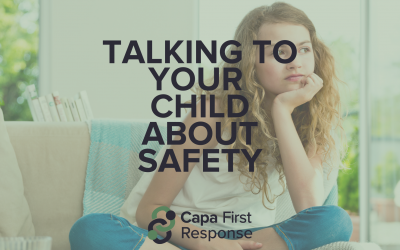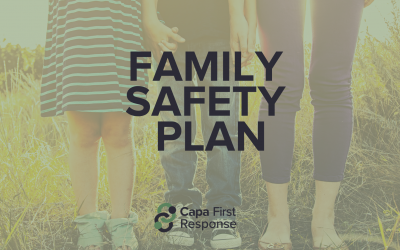If your child comes home from school and suddenly seems to fall apart; angry outbursts, tears, or complete withdrawal then you’re not alone. Many parents and carers witness this daily emotional storm and wonder: What happened? They were fine all day at school!
This pattern has a name: After-School Restraint Collapse, and understanding it can make a world of difference in reducing aggression and emotional overwhelm at home.
What is After-School Restraint Collapse?
After-School Restraint Collapse is a term used to describe the intense emotional release that some children experience once they return home from school. Throughout the school day, many children (particularly those who are neurodivergent, anxious, or sensitive) use a great deal of mental and emotional energy just to get through the day. They follow rules, manage sensory input, navigate social dynamics, and try their best to keep it all together.
Home, by contrast, feels safe. It’s where they know they can let their guard down. So, they do. Sometimes dramatically.
This release might look like:
- Anger or aggression toward parents or siblings
- Crying or tantrums
- Refusing to talk or shutting down
- Complaints of being “tired” or “not wanting to talk”
- Moodiness or irritability that seems disproportionate
This isn’t manipulation or rudeness, it’s exhaustion from emotional self-regulation.
Strategies to support children (and reduce aggression) after School
Understanding is the first step. When we realise that children aren’t giving us a hard time – they’re having a hard time, we can approach these moments with more empathy and intention. Here are some strategies to ease the transition from school to home and reduce emotional fallout:
1. Create a Soft ‘Landing Zone’
Design a predictable, calm routine for when your child walks through the door. Avoid bombarding them with questions or instructions right away. Some children may benefit from a quiet space, headphones, a snack, or time with a favourite toy or pet.
2. Offer Food and Water
Low blood sugar and dehydration can fuel emotional dysregulation. Offering a protein-rich snack and a drink can help stabilise energy and mood.
3. Limit Demands Immediately After School
Try not to ask for homework, chores, or conversations too soon. Give your child time to decompress before transitioning into other expectations.
4. Connect Without Pressure
Some children may want to talk but others won’t. Offer your presence without demanding interaction. A simple, “I’m so glad you’re home,” can go a long way.
5. Use Visual or Predictable Routines
Many children, especially those with Neurodiverse needs, feel more secure when they know what’s coming next. Use visuals or consistent routines to support this.
6. Be the Calm in Their Storm
If aggression does occur, respond as calmly as you can. Breathe. Lower your voice. Set boundaries gently but firmly, and circle back to connection when things settle.
A compassionate approach
After-school restraint collapse isn’t a reflection of poor parenting or “bad behaviour.” It’s a sign that your child has worked hard all day to hold it together. When we meet this collapse with understanding instead of judgment, we create a home environment that helps children recover, reset, and feel truly safe.
At Capa First Response, we believe in supporting the whole family, recognising the pressures both children and parents face. If after-school aggression is becoming overwhelming in your home, you’re not alone, and help is available.


